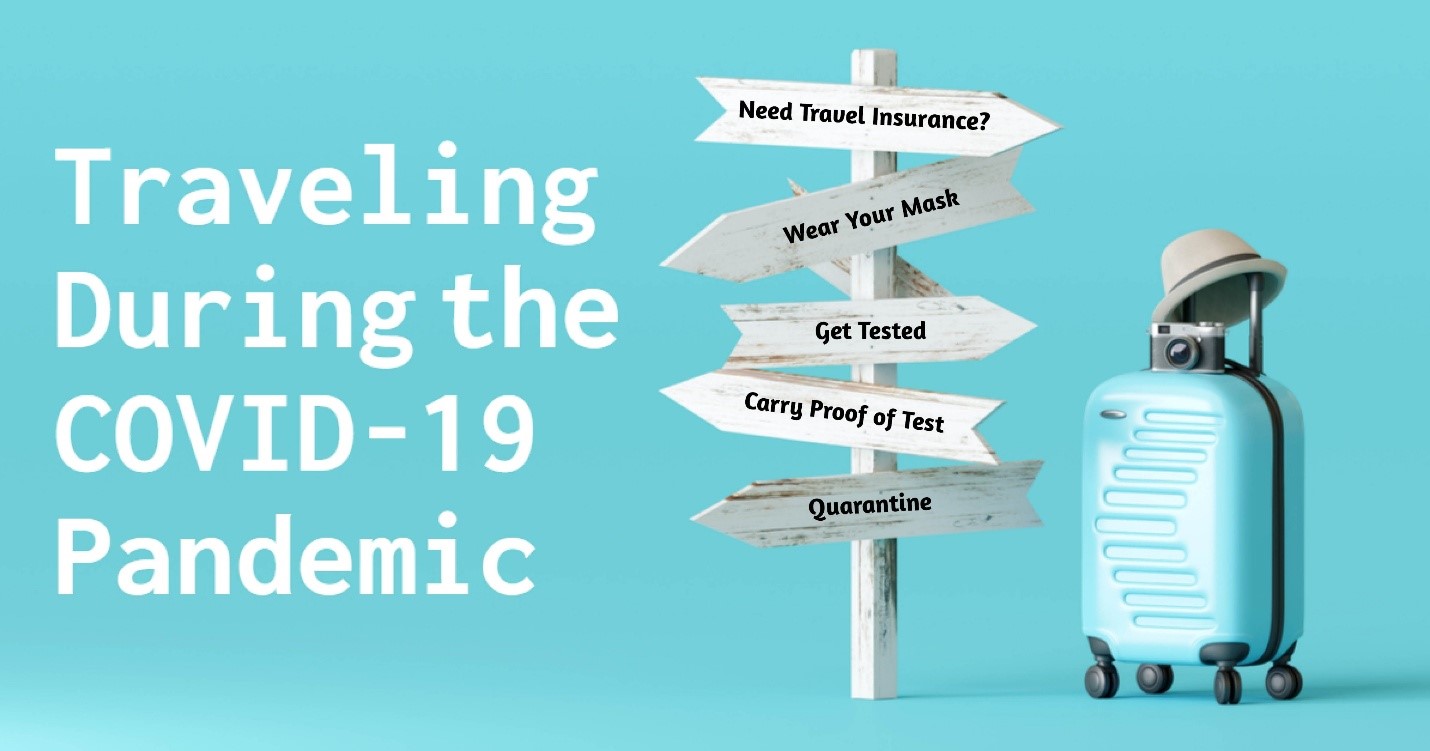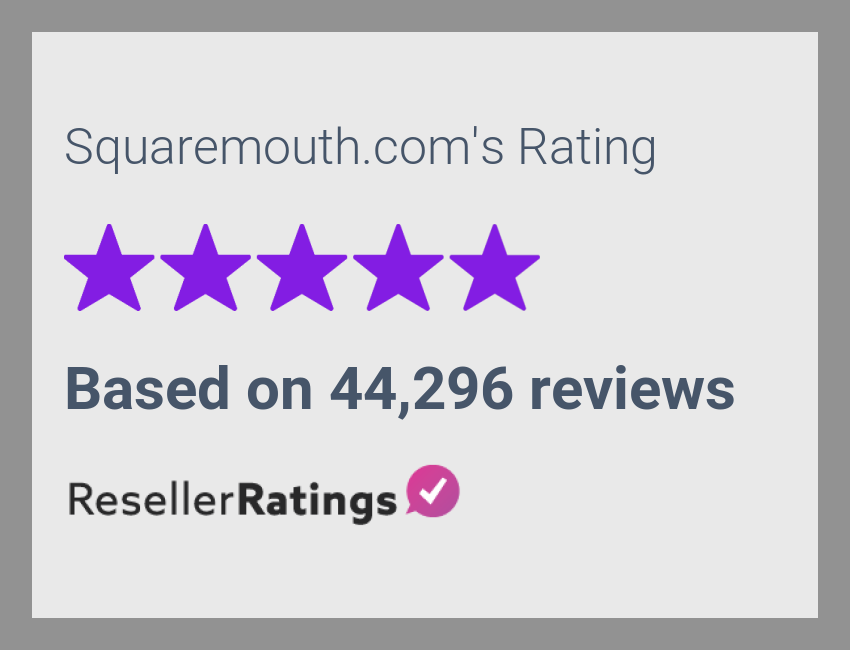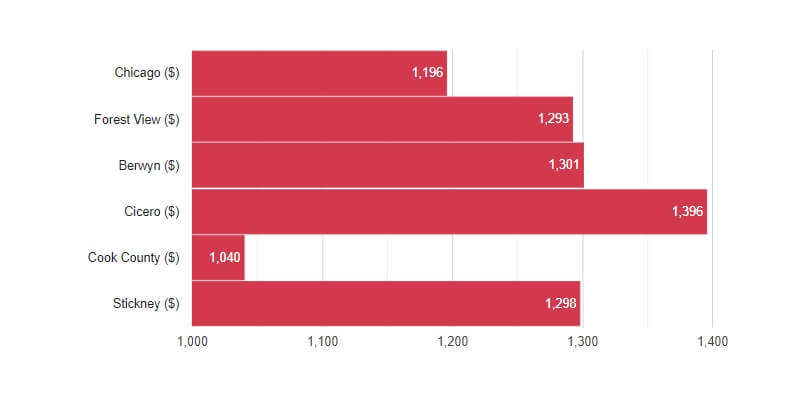
You may not be eligible for international travel insurance if you have a medical condition. Pre-existing conditions may be covered with travel insurance, but these policies are typically not free. A good idea is to buy insurance before you travel. It is important to carefully read the fine print of any plan you select. Also, make sure you fully understand your condition and how it affects your coverage.
There are many kinds of pre-existing diseases. They include injuries and illnesses as well as prescription medications. This includes things such as heart disease, kidney disease, liver disease, cancer, arthritis, and depression. Many times, these conditions go into remission over years before they suddenly return before you leave for your trip. You will need to declare any pre-existing conditions when you purchase a plan. The information you provide will help the insurer determine if you are eligible for coverage.

Travel insurance policies will generally cover cancellations and interruptions due to illness, injury, or other circumstances. If the injury or illness is serious, the plan will help you recoup some of your lost expenses. During your trip, your insurance provider will also cover medical expenses. Your policy may allow you to waive pre-existing conditions. If you do, your premium might be higher.
Before you buy travel insurance, make sure to talk with your doctor about any medical conditions. Some conditions are covered by your medical insurance, such as diabetes, but you must have your blood sugar under control. Some conditions are not covered, like pregnancy. A waiver for pre-existing medical conditions is recommended if you are covered by your medical insurance.
Pre-existing condition are conditions that were present before you bought your plan. You will need to have had them within 60 to 180 days before your travel plan's effective date. If you have them for at least this time, you should be eligible to receive a preexisting condition waiver. The severity of your condition and the type of preexisting pre-existing disease will impact the price of your premium.
Many travel insurers will take into account pre-existing medical conditions in determining your eligibility. In order to determine your eligibility, many travel insurance companies will examine whether you have had any pre-existing conditions in the past, how they were treated, and if the condition has worsened since you purchased the plan. Your medical records may need to be submitted from the last five years depending on the company.

A pre-existing medical condition is an illness, injury, or other problem that you experienced before your trip. It is not always a medical issue; sometimes, it can be a psychological problem. You should be aware that your travel insurance will not pay for medical expenses if you need it.